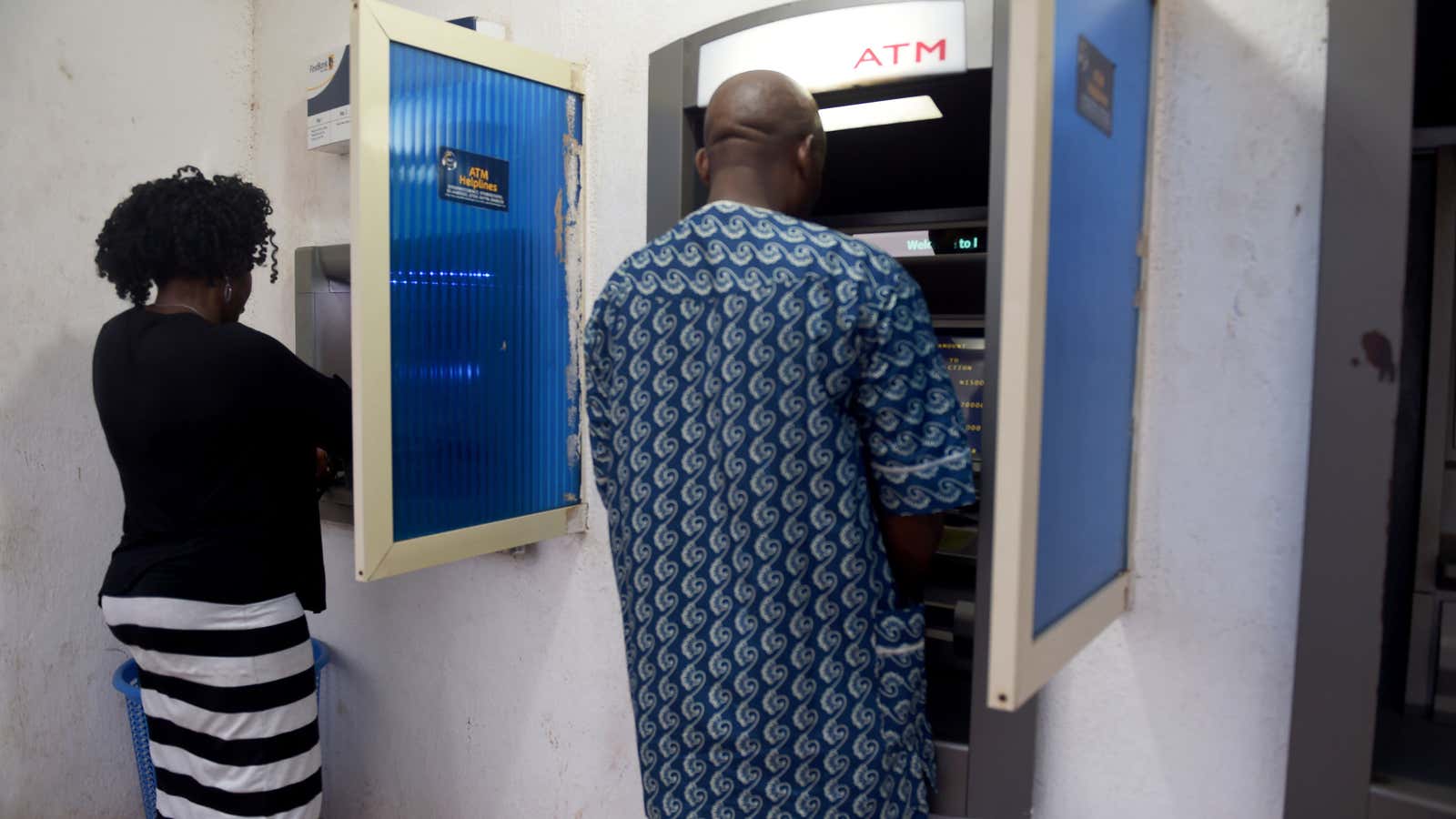Flutterwave received one of Nigeria’s most coveted payments licenses from its central bank, signaling its status as a valuable player in the financial services sector despite recent challenges with regulators in other countries.
In Nigeria, the switching and processing license gives a company the ability to complete transactions between financial services companies. Until now, Flutterwave had two lower-tier payments and money transfer licenses but relied on other companies to process and settle payments for its clients.
Flutterwave now expects to be less dependent on other parties for the payments it processes, promising faster payments and new products that it has been “quietly building.”
Interswitch (the Visa-backed company regarded as Nigeria’s payments switching pioneer), eTranzact, Unified Payments, Appzone, TeamApt and a few others have the switching license.
What does this mean for Flutterwave?
Since its founding in 2016, over $16 billion worth of transactions have passed through the company’s web and mobile app channels across 34 countries in Africa and one million businesses, according to the company. It has expanded its services over time from just payments into other verticals including online stores, credit, and legal incorporation for businesses.
With the new license coming ahead of plans for a Nasdaq IPO, Flutterwave enters into the most tightly regulated sector of the payments ecosystem, one that underpins confidence in trade and commerce in the country. Among other possibilities, Flutterwave could start switching ATM transactions if it can provide the round-the-clock uptime guarantee and expensive cloud security that banks would demand.
The license will not make Flutterwave almighty just yet.
Nigeria’s payment permits are delineated to prevent any one company from being involved in too many events at the same time. In the case of the switching license, Flutterwave may not be permitted to issue payment cards, per the CBN’s guidelines (pdf). Also, the company will not easily dislodge the 20-year-old Interswitch and other incumbents already in the payments switching control room.
“Switching and processing is the toughest area in the financial space, with slim margins, heavy infrastructure costs, and very harsh regulator oversight. It will be tough for them the first two years,” one senior bank staff said. Still, he expects Flutterwave’s presence to help drive down transaction costs and increase competition. “That in itself is a good thing.”
